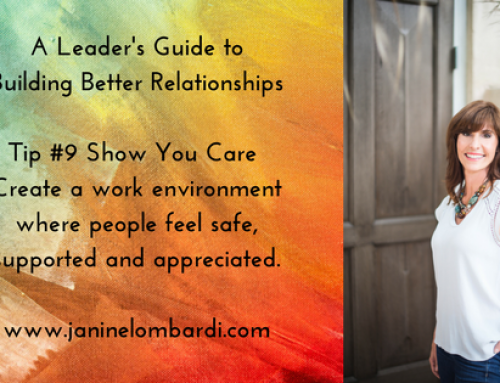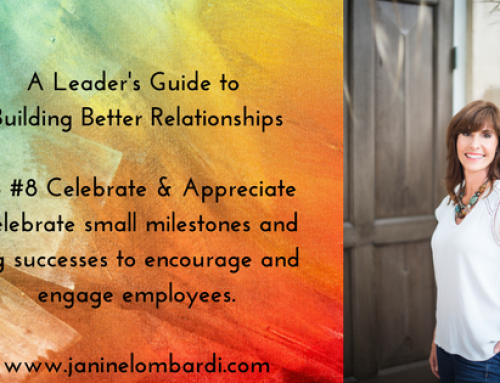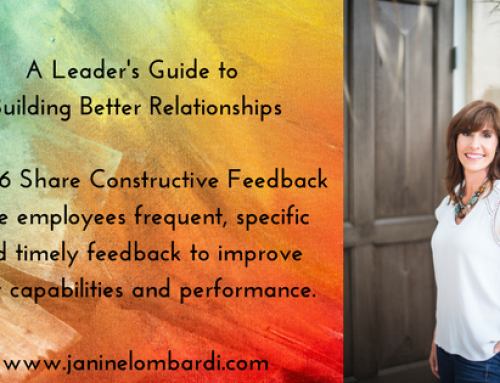The measure of successful dialogue is not whether or not you have a tough problem to deal with, but whether it’s the same problem you had last year. We all have to face challenging conversations in a variety of areas –from having awkward or failing business relationships, to dysfunctional teams, to poor employee performance, etc.\n\nPaying attention to both content of the discussion and how people are acting and feeling is an essential part of effective interpersonal communication. Effective leaders do not shy away from challenging conversations. They apply dialogue principles and skills that help them achieve what they want. To have successful conversations with others:\n
- \n
- Confront reality
- Set healthy goals for a dialogue
- Give feedback in a way that minimizes defensiveness
- Manage strong emotions – yours and theirs
- Make it safe to talk
- Be persuasive, not abrasive
- Genuinely listen to others
\n
\n
\n
\n
\n
\n
\n
\nTo master challenging conversations and to strengthen relationships apply the dialogue principles, skills and critical questions from Crucial Conversations by Kerry Patterson.\n
| Principles | Skills | Critical Questions |
| Get Unstuck | Spot the conversations that are keeping you stuck. | What conversations am I not holding or not holding well? |
| Start with Heart | Work on you first.Focus on what you really want. | What do I really want?Am I behaving in ways that move me toward what I want? |
| Make it Safe | Apologize when appropriate, contrast to fix misunderstandings, create mutual purpose. | Have I established mutual purpose?Have I maintained respect? |
| Master Your Stories | Separate facts from stories.Tell the story. | Am I pretending not to notice my role in the problem?What would a reasonable, rational and decent person do?What should I do right now to move toward what I really want? |
| State Your Path | State your facts. Tell your story. Ask for others’ paths. | Am I really open to others’ views?Am I confidently expressing my own views? |
| Explore Others’ Paths | Explore – Ask, Mirror, Paraphrase and Prime | Am I actively exploring others’ views? |
| Move to Action | Decide how to decide.Document who does what by when and follow up. | What is the plan from here? |
\n \n\n






Leave A Comment